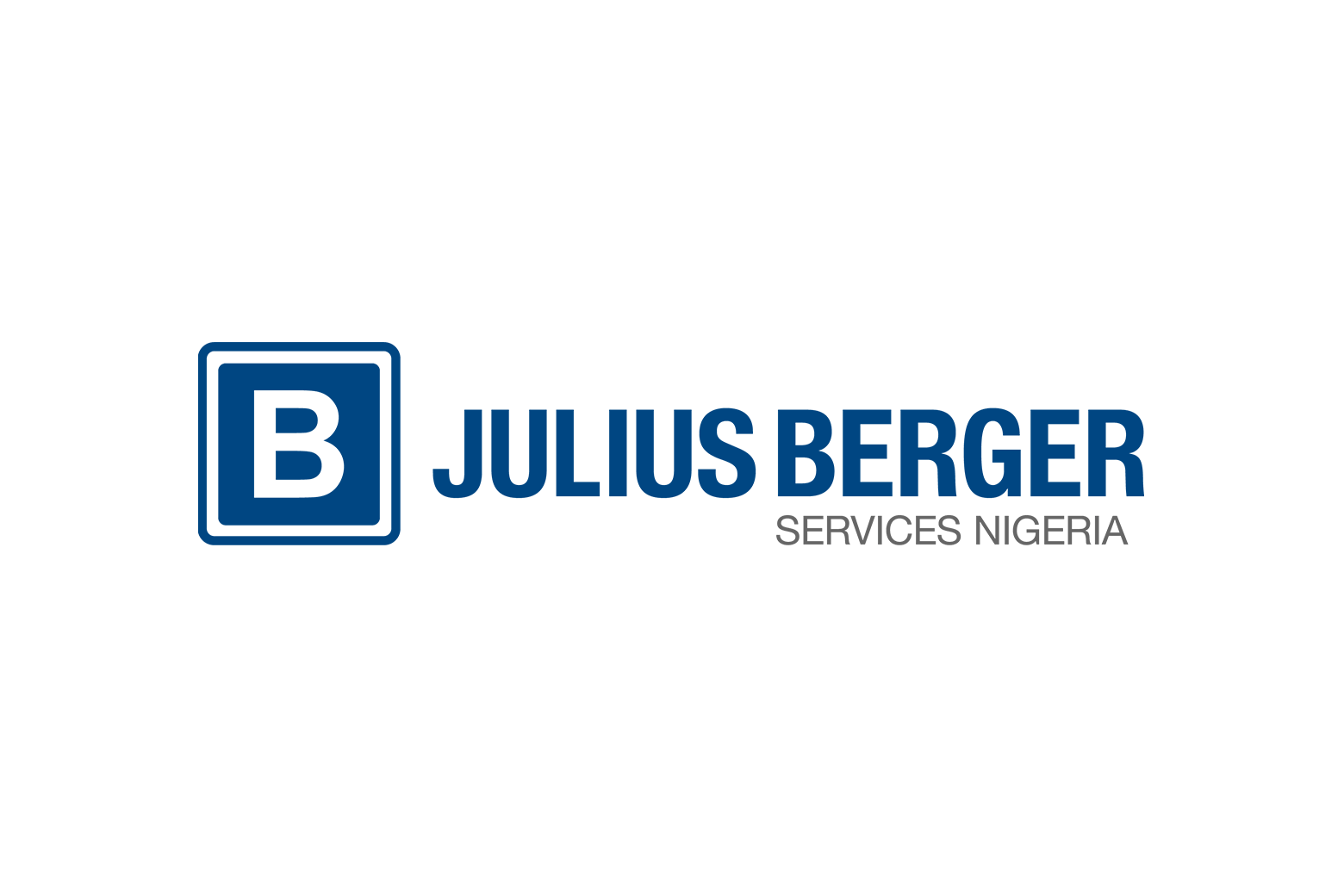At first sight, Julius Berger’s earnings for the first quarter of 2025 appear to be positive, with revenue reaching N180.5 billion, up 62.8% from the same period the previous year. However, behind the surface of those impressive topline figures lurks a more depressing reality: growing expenses and foreign exchange volatility are taking a significant toll on profitability.
The engineering behemoth, a bellwether of Nigeria’s building and infrastructure industry, recorded a 64.68% decrease in pre-tax earnings to N5.9 billion. Who is the culprit? The company’s Q1 2024 profit was N9.4 billion, while this year’s loss is N1.8 billion due to rising sales costs, administrative expenditures, and currency fluctuations.
This is the story of a corporation that delivers more while earning less.
Julius Berger’s business relied mostly on civil works, accounting for N125.1 billion in revenue. The company’s robust pipeline of infrastructure engagements around the country resulted in building activities worth 30.2 billion. However, as the contracts increased, so did the cost of execution. Cost of sales increased by 70% to N153.1 billion, outpacing revenue growth and reducing margins.
Although gross profit increased by 30.69% to N27.4 billion, it was unable to keep up with rising costs. Administrative expenditures increased by 46.4% to 22.6 billion. The company’s once-reliable ‘other profits’ line, which contributed 9.6 billion a year ago, has now decreased to 75.2 million.
In one year, operational profit decreased by 76.53%, from N13.2 billion. Julius Berger reported a net investment income of N3.7 billion, a 17.5% fall.
Read also: CBN hits Paystack with N250m fine over Zap’s Operation, cite licensing breach
However, it was not all terrible news.
Behind the constricted profitability, Julius Berger’s balance sheet reveals a more resilient picture. The company’s total assets increased by 37.31% to over N1.05 trillion. Retained earnings increased by 6.21%, indicating prudent financial management in the face of challenging conditions.
On the stock market, however, investor mood has been more in line with headline data. Julius Berger’s share price fell to 137.00 on April 30, 2025, representing an 11.76% year-to-date decrease and reflecting pressure on the bottom line.
In many respects, Julius Berger’s Q1 reflects a corporation managing a complicated macroeconomic environment: providing scale while also seeking long-term profitability. As Nigeria’s infrastructure drive continues, the business remains an important player, but the Q1 figures demonstrate how vulnerable that role can become when margins are squeezed.
This serves as a reminder that growth is insufficient in Nigeria today. Profitability is rapidly becoming the real aim.







Comment
No comments found.